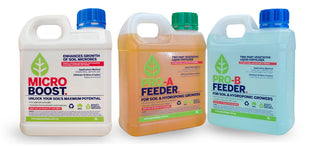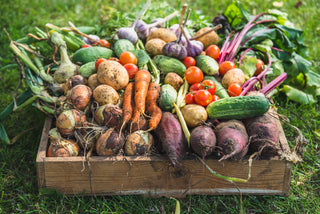| State | Growing Zones | Recommended Olive Varieties |
|---|---|---|
| Queensland (QLD) | Subtropical, Tropical |
Kalamata: Ideal for warm climates; produces juicy, sweet, torpedo-shaped olives. Frantoio: Fruity, aromatic oil production; self-fertile but benefits from cross-pollination with Arbequina. Manzanillo: Dual-purpose; pickled or for oil; grows well with Frantoio and Arbequina. Picual: Medium-sized; early fruiting; best with Arbequina. Arbequina: Early-fruiting; self-fertile, great for oil or pickling. |
| New South Wales (NSW) | Temperate, Coastal |
Kalamata: Thrives in coastal climates; ideal for eating or cooking. Frantoio: Consistently heavy yields; nutty flavour when pickled. Manzanillo: Best for dual purposes; suitable for cross-pollination with Frantoio and Arbequina. Picual: Excellent for coastal regions; early season fruit. Arbequina: Ideal for oil; early-fruiting, can be pickled. |
| Victoria (VIC) | Cool, Temperate |
Kalamata: Performs well in cooler climates; sweet, black olives. Frantoio: Produces nutty-flavoured pickled olives; self-fertile. Manzanillo: Perfect for cooler zones; thrives with Frantoio and Arbequina. Picual: Medium-sized tree; prefers cooler climates, early fruiting. Arbequina: Hardy, early-fruiting, dual-purpose. |
| South Australia (SA) | Mediterranean, Arid |
Kalamata: Best for dry, warm climates; rich in flavour. Frantoio: Ideal for arid conditions; consistent high yields. Manzanillo: Versatile; thrives with Frantoio and Arbequina. Picual: Suited for warm, dry conditions; benefits from cross-pollination. Arbequina: Perfect for oil; early fruiting, drought-resistant. |
| Western Australia (WA) | Mediterranean, Arid |
Kalamata: Great for arid, Mediterranean-like climates; self-fertile. Frantoio: High-yielding; aromatic oil production. Manzanillo: Adaptable; thrives with Frantoio and Arbequina. Picual: Early-fruiting; good for dry regions. Arbequina: Resilient; produces early, excellent for oil or pickling. |
| Tasmania (TAS) | Cool, Temperate |
Kalamata: Adapts to cooler climates; torpedo-shaped olives. Frantoio: Consistent producer in cooler zones; nutty pickled olives. Manzanillo: Suitable for Tasmania; cross-pollinates well with Frantoio and Arbequina. Picual: Medium-sized tree; performs well in cool climates. Arbequina: Self-fertile, early-fruiting, dual-purpose. |
| Northern Territory (NT) | Tropical, Arid |
Kalamata: Requires well-managed irrigation; produces sweet, black olives. Frantoio: Best for hot, dry conditions; self-fertile with high yields. Manzanillo: Thrives in tropical regions with cross-pollination. Picual: Early fruiting; best with Arbequina in tropical climates. Arbequina: Resilient, early-fruiting, great for tropical regions. |
Olive Varieties Descriptions:
- Kalamata: Produces juicy, sweet olives with a unique torpedo shape, ideal for eating or cooking. Grows up to 8 meters and is self-fertile, though cross-pollination with Frantoio can improve yields.
- Frantoio: Reaches up to 8 meters, primarily used for fruity, aromatic oil. When pickled, these olives have a nutty flavor. This variety is self-fertile and consistently yields heavily.
- Manzanillo: A Spanish variety known for its dual-purpose use in oil and pickling. Grows to around 5 meters and benefits from cross-pollination with Frantoio and Arbequina.
- Picual: A medium-sized tree, originally from Spain, bearing early-season fruit. It grows to about 6 meters and is self-fertile, though cross-pollination with Arbequina can enhance production.
- Arbequina: This variety is traditionally used for oil but can also be pickled green or black. It grows to about 5 meters, is self-fertile, and fruits early in the season.





